Gobble up some knowledge and get ready to feast on fascinating facts about Turkey Tail mushroom benefits this Thanksgiving season! While we usually associate turkey with the star of the dinner table, there's another Turkey Tail that deserves a place in the spotlight. This whimsically named mushroom not only adds a burst of color to the forest floor but also brings a cornucopia of health benefits to the table. So, let's dig into the tale of Turkey Tail mushroom benefits and discover how it can truly make you feel grateful for its extraordinary properties.
Giving Thanks for Nature's Gift: How Turkey Tail Mushroom Supports Your Immune System
Turkey tail mushrooms (Trametes versicolor) are one of many functional mushrooms used as complementary or adjunct treatments for various medical conditions. Just like the vibrant colors of autumn, turkey tail mushrooms boast beautiful brown and tan rings that mimic the elegant tail feathers of our beloved Thanksgiving symbol, the turkey [1]. Talk about nature's way of joining the holiday spirit!
The utilization of turkey tail mushrooms in functional contexts can be traced back to traditional medicine practices in China, where it is frequently employed in the management of respiratory conditions and as immune-boosting foods [1]. Presently, in Japan, turkey tail mushrooms are employed in conjunction with conventional cancer care treatments as natural immune boosters and to enhance the overall longevity of cancer patients [1].
While they are known to grace woodlands across the globe, it is in the North American woods that they most frequently appear, adorning over 70 different tree genera with their colorful presence [2]. Just as we gather around the table to nourish our bodies and souls, the Turkey Tail fungus performs a vital role in the ecosystem. It delicately breaks down the decaying wood of trees, savoring the nutrients for its own sustenance, and in doing so, it aids in the clearing of forests, creating space for fresh beginnings and new growth [2].
Turkey tail mushrooms are rich in polysaccharides, which have been extensively researched for their actions on immune modulation and immune support. Among these fungal compounds, Polysaccharide K (PSK) found in Turkey Tail is the most extensively studied and biologically active [1]. Japan has acknowledged the immune-strengthening and cancer-fighting mushroom properties of PSK, particularly in increasing longevity of cancer patients [1].

How Turkey Tail Mushroom Nurtures a Healthy Microbiome
Turkey tail mushrooms contain a polysaccharide protein complex called PSP, which is abundant in beta-glucans. These beta-glucans have been studied for their immune modulating properties and have demonstrated the ability to induce the production of nitric oxide (NO) and inducible nitric oxide synthase (iNOS) in macrophages exposed to Turkey Tail. As a result, these macrophages become more effective in phagocytizing and killing bacteria [3]. Macrophages are specialized cells responsible for detecting and eliminating harmful organisms within the body. They possess specific receptors, such as dectin-1 and TLR-2, which recognize beta-glucans [4]. Activation of these receptors by beta-glucans can trigger processes that lead to the destruction and elimination of pathogenic microorganisms [4].
Mushroom research has indicated that Turkey Tail mushroom benefits exhibit properties similar to prebiotics, substances that support the growth of beneficial gut bacteria for improved gut health. Unlike probiotics, which contain live bacteria, prebiotics provide microbiome support and encourage improved digestive health.
Maintaining a balanced gut microbiome is crucial for various cellular functions, including nutrient absorption, lipid metabolism, fermentation, mucosal immunity, and the maturation of our immune systems. Imbalances in the gut microbiome can lead to issues such as nutritional deficiencies, diarrhea, constipation, digestive discomfort, and bacterial overgrowth. A specific study focused on Turkey Tail mushrooms isolated a polysaccharide, demonstrating its prebiotic qualities and positive impact on the intestinal microbiome, thereby supporting overall gut health [5].
Turkey tail mushrooms are antioxidant-rich foods that actively combat oxidative stress. A study discovered numerous phenolic and flavonoid compounds in Turkey Tail [6]. These compounds, known as antioxidants, shield our cells from harm and inflammation caused by oxidative stress. Elevated levels of oxidative stress are associated with various medical conditions such as cancer, cardiovascular disease, diabetes, neurodegenerative diseases, and premature aging [7].
Due to their ability to combat oxidative stress and reduce inflammation, Turkey Tail mushrooms can potentially improve cardiovascular health. Oxidative stress is known to contribute to various heart-related conditions such as myocardial infarctions, atherosclerosis, myocardial ischemia, and even heart failure [8]. Recent studies have demonstrated decreased mortality rates among individuals with cardiovascular disease who underwent antioxidant treatments, such as consuming green tea, flavonoids, or following a Mediterranean diet [9]. The powerful antioxidant properties found in Turkey Tail mushrooms may also help alleviate oxidative stress and promote better cardiovascular well-being.
Are Turkey Tail Mushrooms Edible?
Embracing the spirit of Thanksgiving, Turkey Tail mushroom extracts can be seamlessly incorporated into a variety of mouthwatering dishes, elevating the holiday feast to new levels of healthfulness. For starters, imagine a creamy Turkey Tail mushroom soup, delicately seasoned with aromatic herbs and spices, providing a comforting and nourishing start to the celebratory meal.
As a main course, picture a succulent roasted turkey, lovingly basted with a Turkey Tail mushroom-infused glaze, imparting a rich umami flavor and an extra layer of nutritional benefits. For vegetarians and vegans, a hearty mushroom and herb stuffing featuring Turkey Tail mushroom extract powder can steal the show, providing a savory complement to the traditional Thanksgiving spread. To top it all off, imagine a delectable pumpkin pie, where the crust is enhanced with a sprinkle of Turkey Tail mushroom extract powder, lending a unique twist and adding a touch of earthy complexity. By incorporating Turkey Tail mushroom extract into these Thanksgiving classics, we not only savor the holiday traditions but also embrace the potential health-enhancing properties of this remarkable fungi.

Where to Buy Quality Turkey Tail Mushroom Supplement
While the market for functional mushrooms offers a wide range of options, it's crucial to be mindful of the product's composition before making a purchase. If a mushroom product contains grain ingredients, this information should be clearly listed under "other ingredients." Although some companies promote "full spectrum" as a beneficial feature, it actually means the product is diluted, requiring a larger consumption to achieve the same benefits as a product made exclusively from 100% fruiting body.
Eversio Wellness specializes in mushroom extracts made solely from 100% fruiting body. They consistently prioritize transparency by providing consumers with Certificate of Analysis (COA) for each product. These COAs offer reassurance as they scientifically confirm the claimed percentage of compounds present in the products through laboratory testing. In addition to confirming the percentages of beneficial constituents, the COA also assesses the presence of heavy metals and microbial contaminants, ensuring the safety of your mushroom supplement. There is no better time than now to buy mushrooms in Canada online!
If you think turkey tail mushrooms would help you lead a healthier life, take a look at Eversio Wellness’ DEFEND Now – Organic Turkey Tail 12:1 Extract Capsules here.
We hope you have found this article informative. If you have any questions or comments, please feel free to leave them in the comment section below!
Related Articles
Want to learn more about Turkey Tail Mushroom? Check out these related blogs.

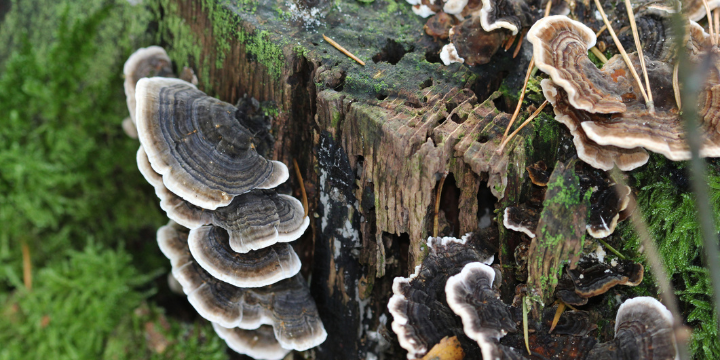

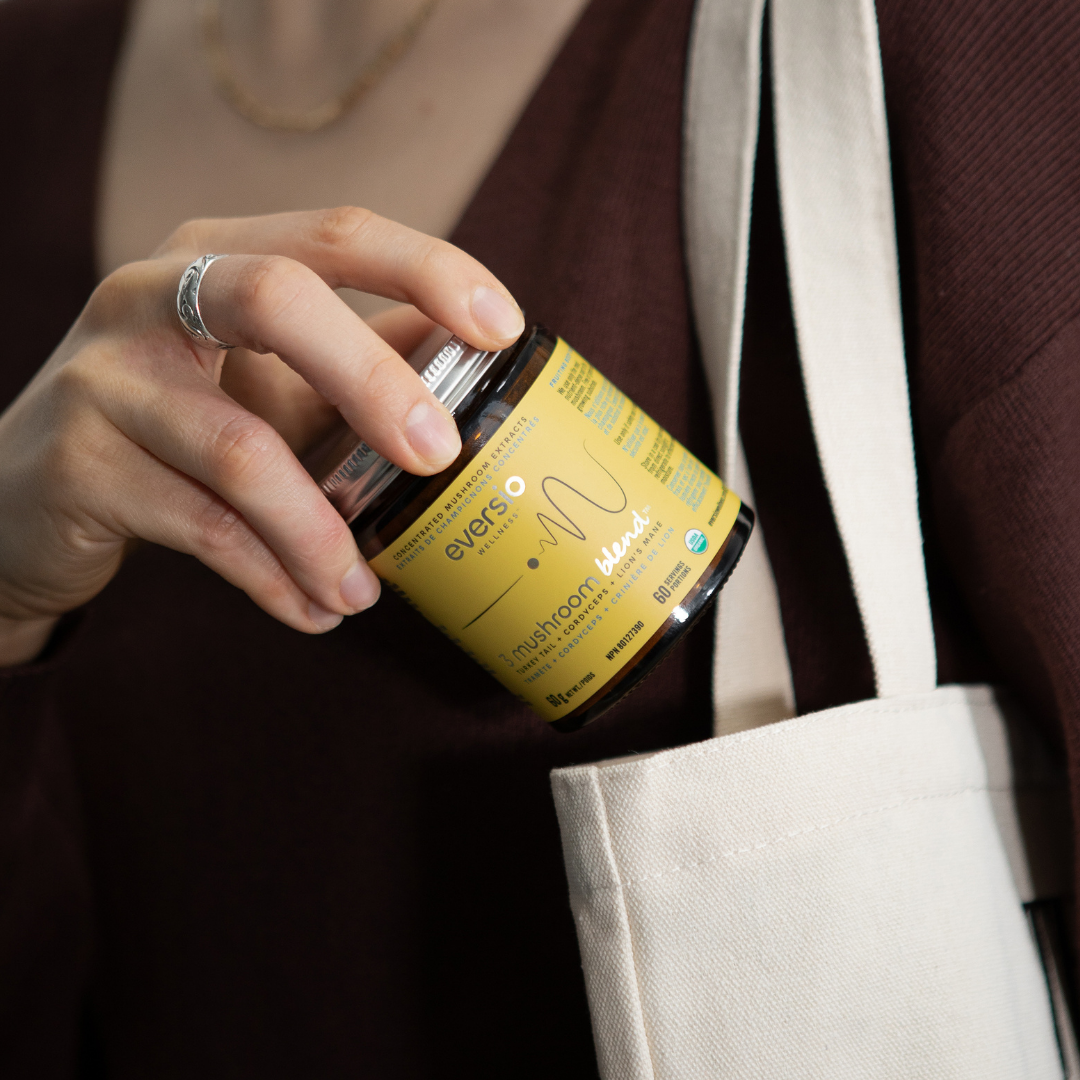

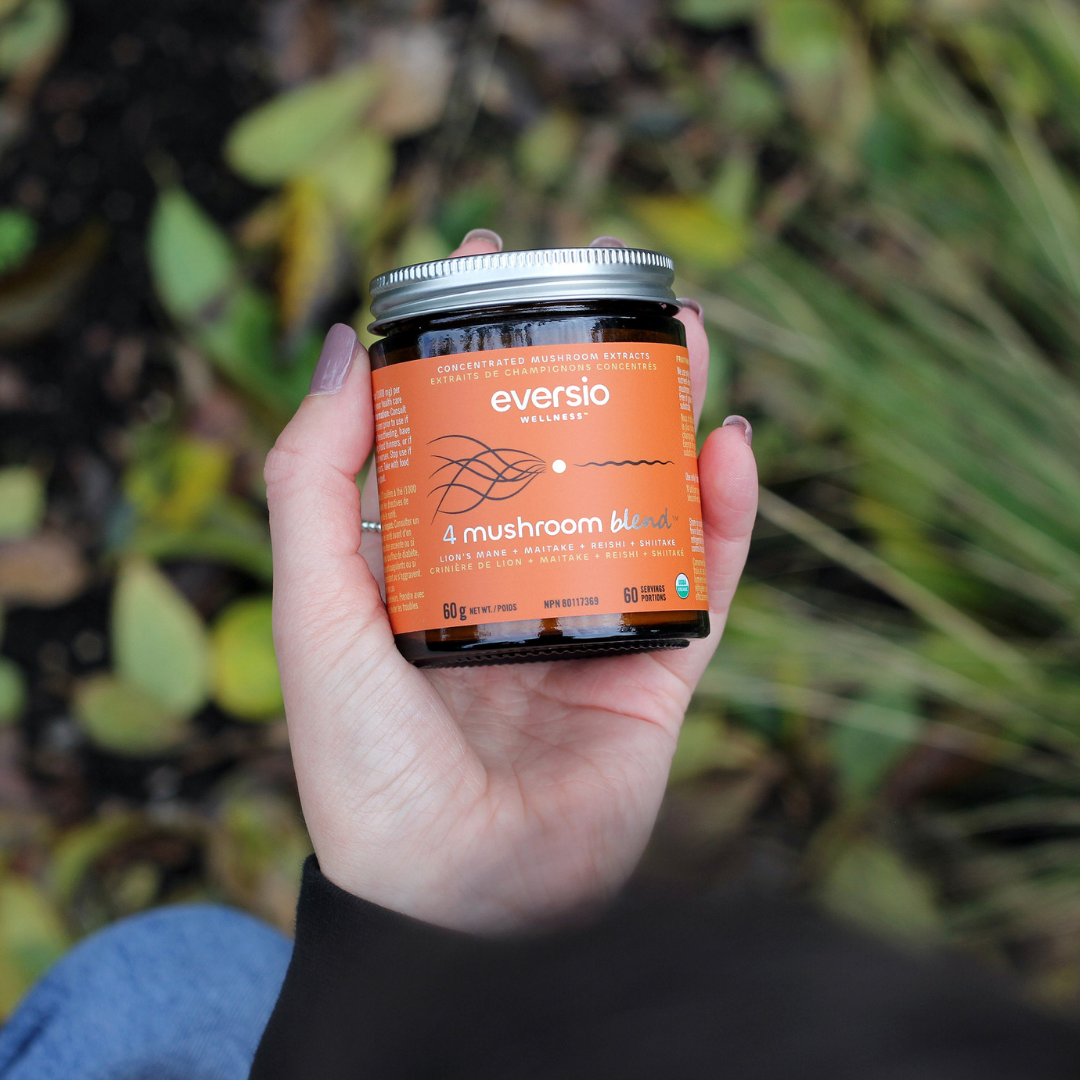

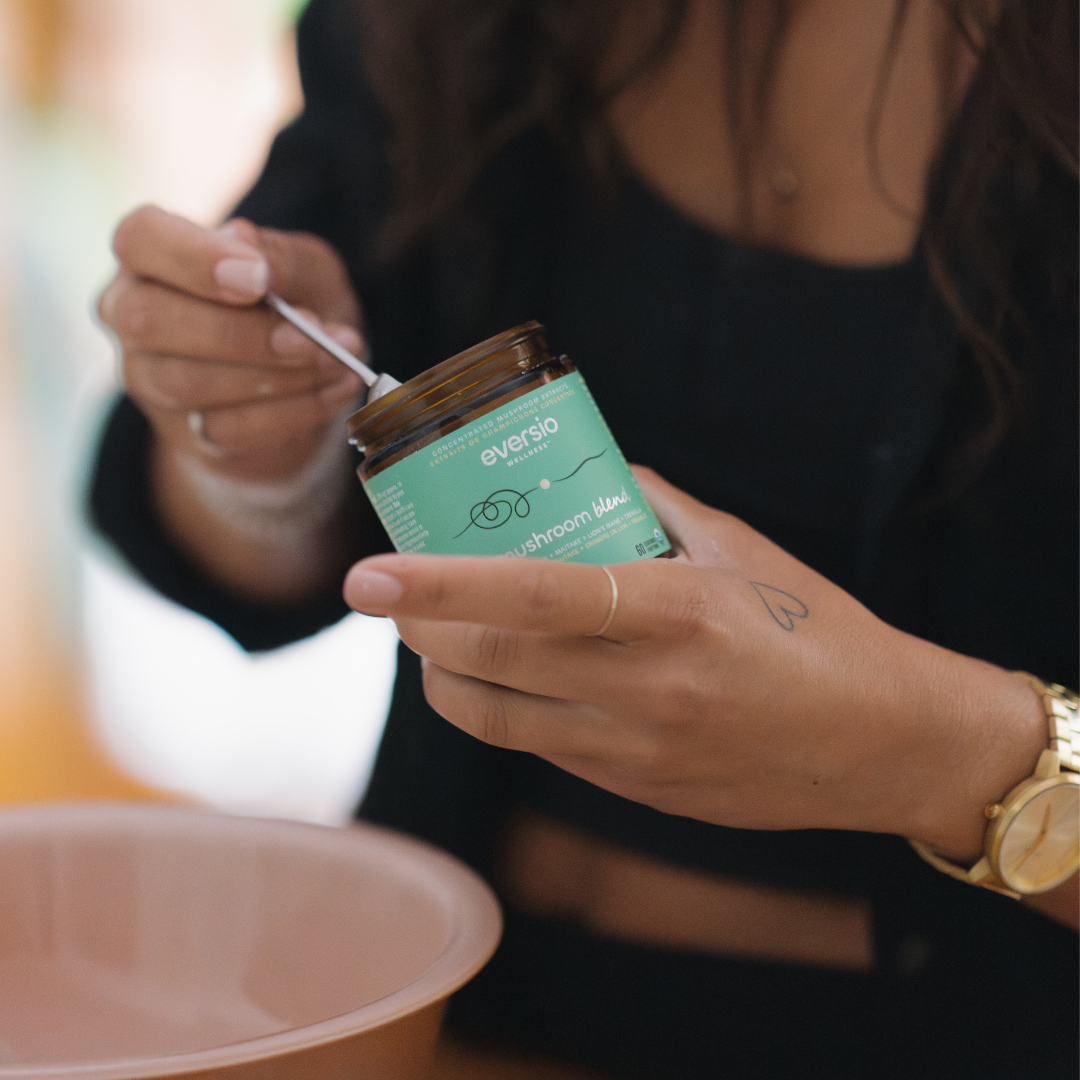

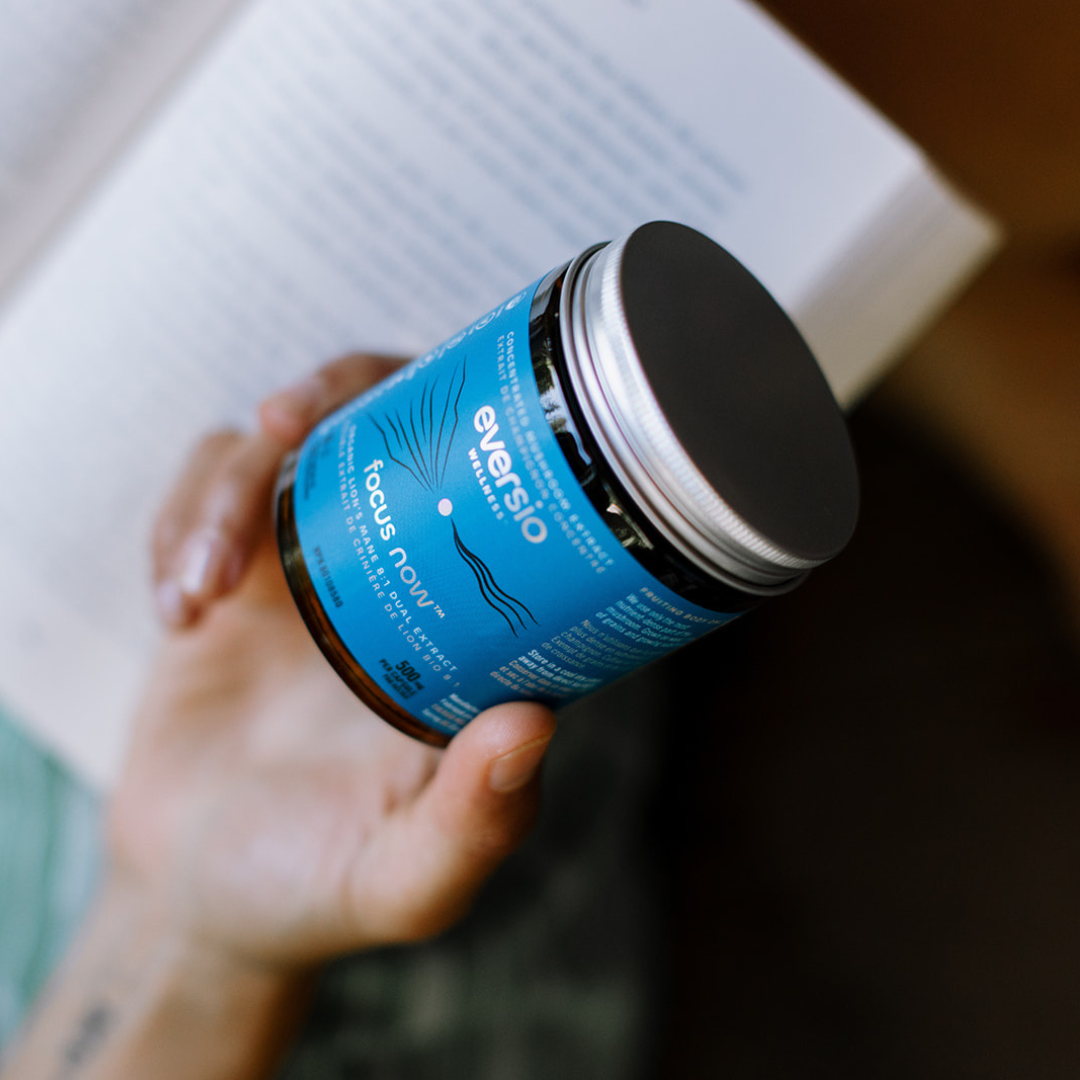

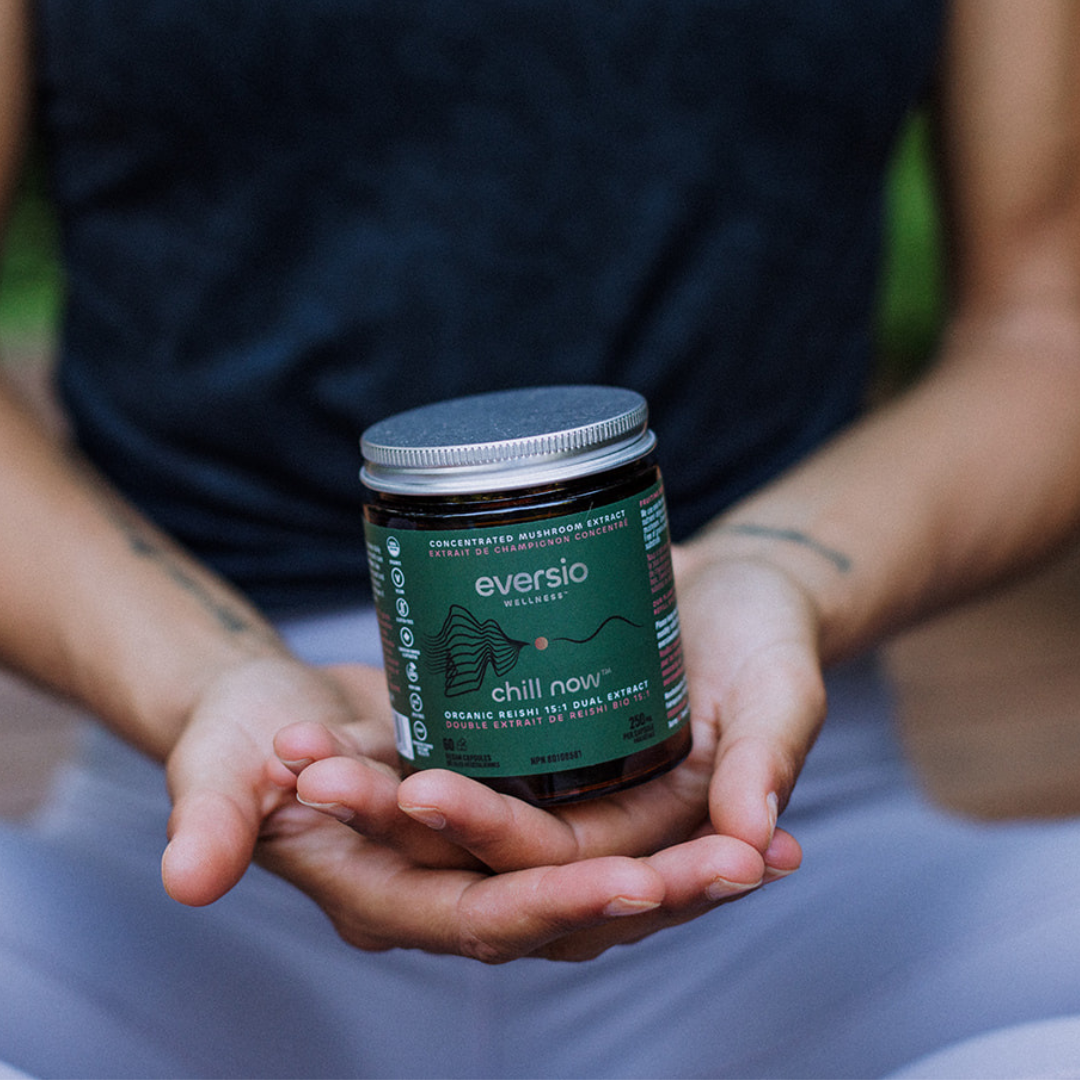
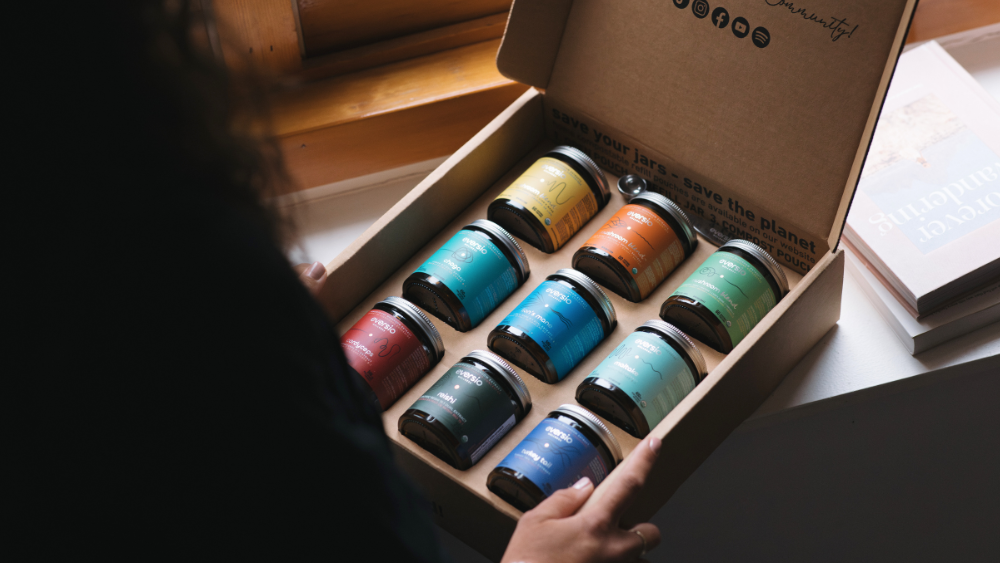







Leave a comment
All comments are moderated before being published.
This site is protected by hCaptcha and the hCaptcha Privacy Policy and Terms of Service apply.